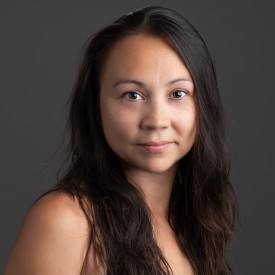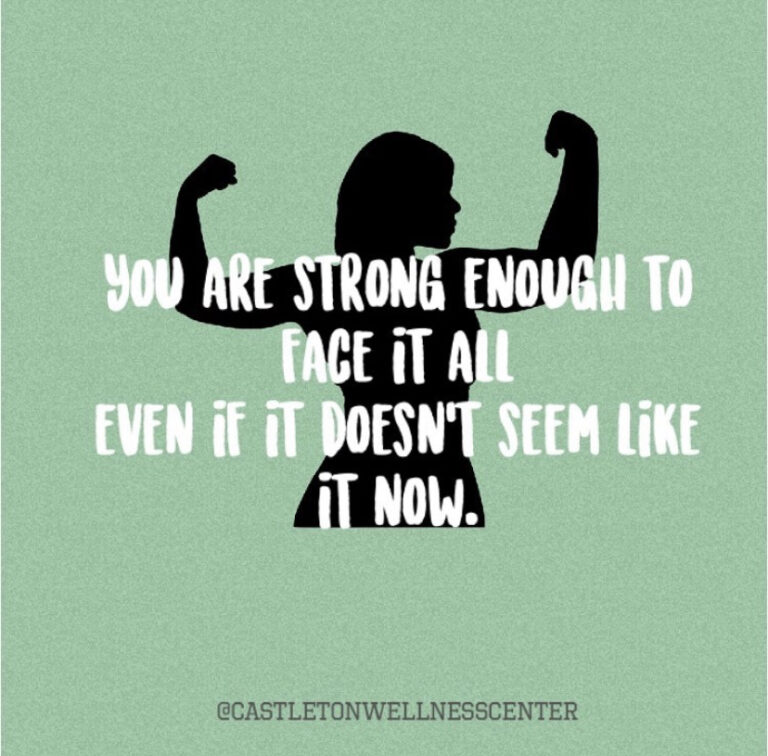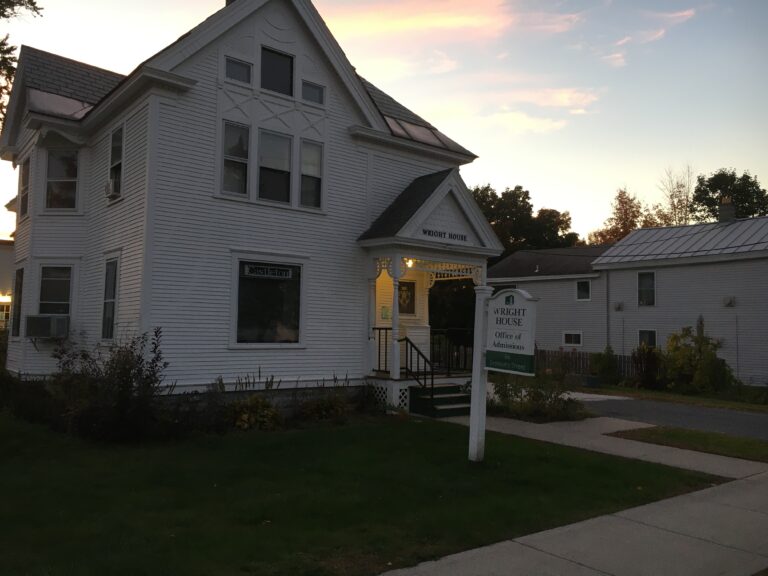Maya Kraus named student of color advocate
Castleton University created a new position that gives students of color an outlet to express their concerns and talk about racial issues in their lives and on campus.
In late September, Dean Gillian Galle sent out an email to Castleton faculty, staff, and students announcing professor of dance Maya Kraus as the new student of color advocate on campus.

“Maya’s role is going to serve several purposes,” said Galle in a recent interview. “We’ve already noticed that she has this natural relation with the students that already come and talk to her and ask her for her advice.”
According to Galle, Maya can be a resource for students to share experiences with microaggressions, or other incidents where they’re not sure if it should be followed up using university policies, or if someone needs a mediator to resolve a conflict between two people.
Galle said that Kraus is opening up her virtual doors to students to chat, but also staff and faculty.
If staff and faculty have issues they want to talk about, whether they want to share their own experiences with Kraus for insight, or whether it’s faculty that would like somebody safe to talk to in order to help them understand situations better, or to improve their ability to connect with their students of color, she said she’s there for them.
In Galle’s email, she mentioned President Jonathan Spiro’s President Pledge, specifically point two of eight, “to foster a climate of safety for students, employees, and visitors of color, and other historically marginalized groups.”
Kraus’ new position is one effort to help achieve this goal.
“What I really meant by that was to think about how we could implement a microaggression reporting system,” said Spiro. “The SOC (student of color) advocate will go a long way towards doing that.”
Spiro also brought up the fourth point of the pledge, “to support students of color who want to create programs and organizations that ensure they feel supported and heard on campus.”
He says the SOC advocate can listen to students of color and say ‘yes, we should have an NAACP club on campus.’ Maya can be a faculty member who knows how things work, and therefore can assist students with creating better programming and organizations.
“There’s an issue of trust within the community, therefore it is imperative to have a designated person you can openly discuss any issues you may face on campus with,” said Ray Awusi, a delegate on the SGA board, and a member of the Diversity, Equity and Inclusion club on campus.
“A student will know they are being listened to and there are resources set to support them, opposed to them being lost and not knowing who to contact,” he said
Kraus said she thought having a SOC advocate on campus is important because she realized that there aren’t safe places for students of color to gather or a place where there’s an approachable person that can answer their questions about navigating through the issue of race, and how to talk with other people on issues of race.
“I think that institutions tend to have systematic approaches when it comes to dealing with aggressions, whether they’re micro or macro,” said Kraus. “It comes down to ‘is this reportable, or is this just a counseling issue.’ I think that to have somebody in-between that can advocate for a group of people that are largely underserved and disenfranchised by this country is the least that we can do.”
Kraus, who is half-Japanese, half-white, said her name kind of went along with the position. She kept speaking up in groups and kept asking members of the group questions.
“I feel like I had voiced my opinion and my experience as a professor of color at Castleton… I have an approachable demeanor, but I’m also in the arts, and in the arts, you look towards expressing issues about the other, thinking about the other,” she said.
She said that her artist background, the fact that she’s one of the few professors of color, and also the fact that she’s from Vermont, a mostly white state, helped guide her towards becoming the SOC advocate on campus. But most importantly, that instead of reaching out to students, students come to her.
“I think it’s because I’m an approachable person that is non-judgmental, but I also believe that because I am a person of color, they feel more at ease coming to me and talking about issues of race,” she said.
Kraus also notes that even non-people of color can come talk to her about issues of race, and how to be a better ally.
When asked what she hopes to accomplish with her new position, she said “I want people to be heard.”







